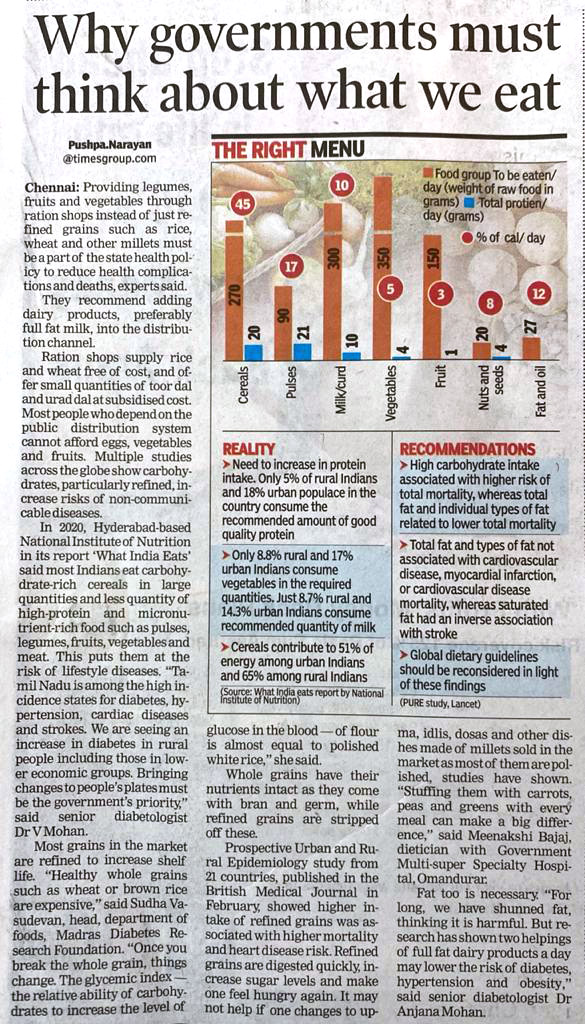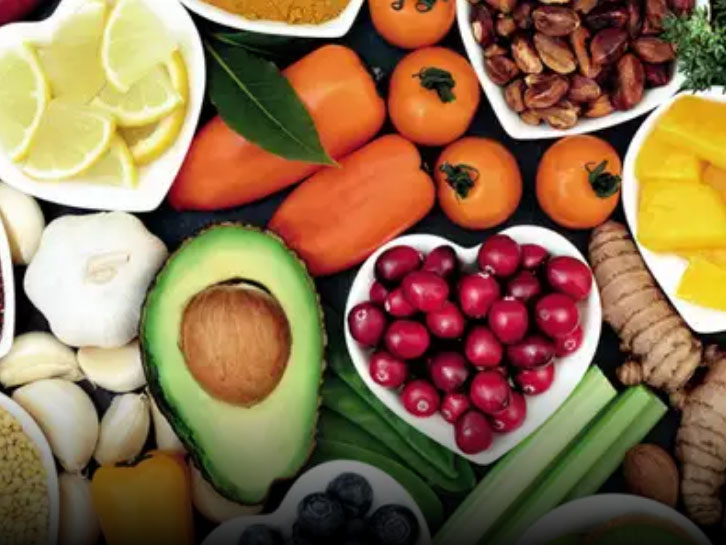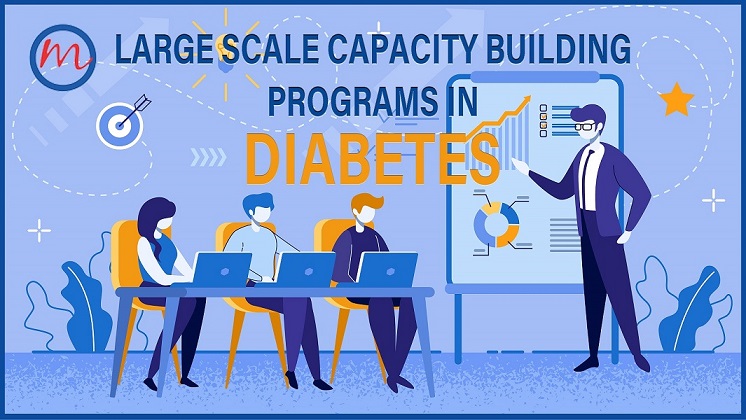In 2020, Hyderabad-based National Institute of Nutrition in its report ‘What India Eats’ said most Indians eat carbohydrate-rich cereals in large quantities and less quantity of high-protein and micronutrient-rich food such as pulses, legumes, fruits, vegetables and meat. This puts them at the risk of lifestyle diseases. “Tamil Nadu is among the high incidence states for diabetes, hypertension, cardiac diseases and strokes. We are seeing an increase in diabetes in rural people including those in lower economic groups. Bringing changes to people’s plates must be the government’s priority,” said senior diabetologist Dr V Mohan. Most grains in the market are refined to increase shelf life. “Healthy whole grains such as wheat or brown rice are expensive,” said Sudha Vasudevan, head, department of foods, Madras Diabetes Research Foundation. “Once you break the whole grain, things change. The glycemic index — the relative ability of carbohydrates to increase the level of glucose in the blood — of flour is almost equal to polished white rice,” she said. Whole grains have their nutrients intact as they come with bran and germ, while refined grains are stripped off these. Prospective Urban and Rural Epidemiology study from 21 countries, published in the British Medical Journal in February, showed higher intake of refined grains was associated with higher mortality and heart disease risk. Refined grains are digested quickly, increase sugar levels and make one feel hungry again. It may not help if one changes to upma, idlis, dosas and other dishes made of millets sold in the market as most of them are polished, studies have shown. “Stuffing them with carrots, peas and greens with every meal can make a big difference,” said Meenakshi Bajaj, dietician with Government Multi-super Specialty Hospital, Omandurar. Fat too is necessary. “For long, we have shunned fat, thinking it is harmful. But research has shown two helpings of full fat dairy products a day may lower the risk of diabetes, hypertension and obesity,” said senior diabetologist Dr Anjana Mohan.





